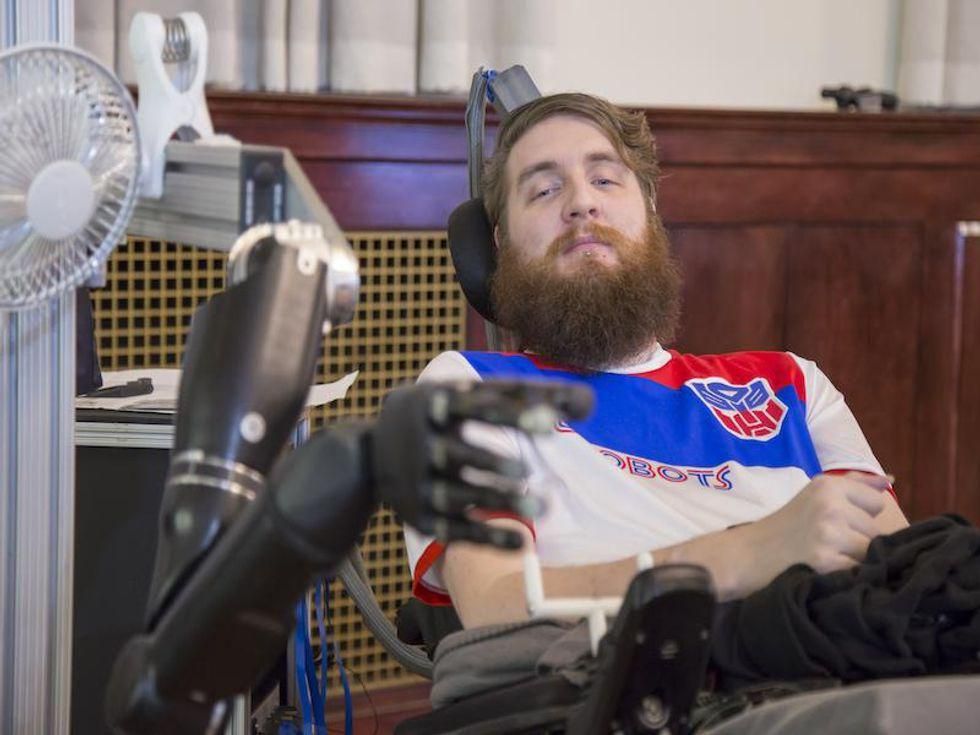
(HealthDay News) – As researchers work to learn more about COVID-19 and so-called long-haulers, a new study suggests “brain fog” can persist and even worsen for those who were infected months before. Long-haulers continue to have symptoms long after their COVID diagnosis, and these symptoms can be mental as well as physical. “People have trouble… read on > read on >






























